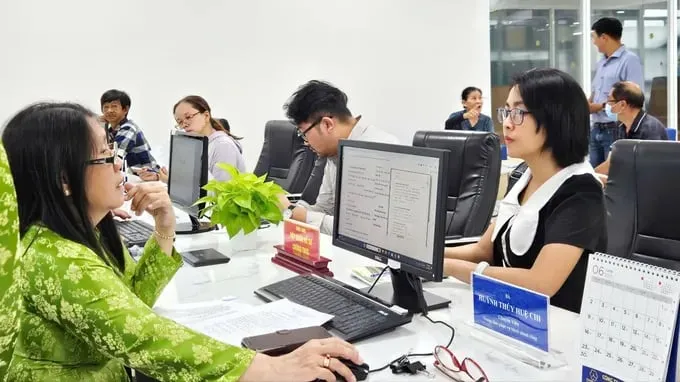
The "key" to operating special urban areas
After the merger, the personnel work for the 2025-2030 term of Ho Chi Minh City is not only about organizational arrangement, but also a vital factor to realize the development aspiration. As the economic scale and population increase, the pressure of administration requires the apparatus to be led by people with capacity, vision and courage. Ho Chi Minh City's practice has shown that every step forward or delay is linked to the quality and capacity of the staff, so human resources must be considered the "key" to urban operation.
The city is currently facing many difficult tasks. Strategic infrastructure projects such as metro systems, beltways, and inter-regional highways all require staff with long-term planning vision and complex project management capabilities. Along with that, the shift to a service economy, high technology, and digital economy requires a leadership team that is knowledgeable about technology, has innovative thinking, and the ability to cooperate effectively with businesses. Administrative reform and digital government building can only be successful if staff dare to try new things, know how to manage data, have a sense of responsibility, and are determined to eliminate bureaucratic habits that are barriers to development. During the "load testing" phase of the unified apparatus, if the right people are chosen, the city will operate smoothly, unleash potential, and strengthen social trust; on the contrary, if the wrong people are chosen, the system will stagnate, fragment, and lose the opportunity to break through.
Therefore, the selection of personnel for the new term must go beyond the formal arrangement mindset to aim at the criteria of “right person, right job”. Cadres need to have strategic vision, execution ability, strong political qualities and a spirit of service. They must know how to connect domestic and foreign resources, promote innovation and creativity, and put the people’s interests at the center of all decisions.
The first important criteria is the planning vision and the capacity to manage large projects. A special urban area cannot operate without people who can see far, place each project in the overall development of the city and the region, and at the same time turn the planning on paper into practical works, on schedule and with widespread effects. Next is the capacity for innovation and technological thinking, a key factor in the context of the digital economy and high-tech services that have become the main driving force. Leaders must be knowledgeable about technology, have the capacity to cooperate with businesses, and at the same time apply technology to the management of the apparatus.
Ethics, political courage and spirit of service are the foundation. Officials cannot be influenced by group interests or the pursuit of positions and power. They must put the interests of the community above personal interests, resolutely fight corruption, dare to think, dare to do and dare to take responsibility. Along with that is the ability to connect with the people, solve practical problems of people's livelihood such as traffic, environment, housing, health care, education . No matter how modern an apparatus is, it will lose its legitimacy if it is far from the needs of the people. Finally, the courage to experiment and the ability to manage risks are the conditions for the city to play a leading role. If Ho Chi Minh City wants to go ahead, it must dare to try new models, accept risks within the legal framework and know how to adjust flexibly.
Considering many factors and the reality of Ho Chi Minh City itself, it can be seen that human resources are not only an organizational factor, but also a decisive support for institutional capacity. Choosing the right people is the starting point, but not enough; we must put them in the right position, give them real authority and create a transparent institution to promote capacity. At that time, the law is the foundation, the force is the driving force and the technique is the method to turn potential into strength, turn aspirations into reality.
Creating conditions to promote staff capacity
People are always the central factor of an institution. An apparatus can possess large capital, modern infrastructure, advanced technology, but if it lacks competent people to operate and lead, all resources will be wasted. For Ho Chi Minh City after the merger, choosing the right cadres is not only a personnel decision, but also a core institutional capacity to turn potential into strength, turn aspirations into reality.
Although it is an important factor, “choosing the right person” is only the beginning. For an individual to truly take on the responsibility in a time of reform, it is necessary to ensure that they are placed in the right position, given appropriate authority and have an institutional environment to develop their capacity. The trio “Law - World - Technique” has become a standard framework, especially urgent for post-merger Ho Chi Minh City, where the scale and development pressure far exceed that of a mere urban area.
Law, that is, institutions and laws, is the foundation for talented people to develop. So is the position and real authority to turn capacity into results. Technique is the capacity and method of action, the direct factor determining work efficiency. Only when law, position and technique are fully converged, can the staff fully develop their capacity, make the apparatus operate smoothly and create development momentum. The balance and synchronization of these three factors is the prerequisite for Ho Chi Minh City to turn aspirations into reality, affirming the position of a special urban area in the new period.
Source: https://www.sggp.org.vn/chon-dung-nguoi-trao-dung-viec-post817439.html



![[Photo] Dan Mountain Ginseng, a precious gift from nature to Kinh Bac land](/_next/image?url=https%3A%2F%2Fvphoto.vietnam.vn%2Fthumb%2F1200x675%2Fvietnam%2Fresource%2FIMAGE%2F2025%2F11%2F30%2F1764493588163_ndo_br_anh-longform-jpg.webp&w=3840&q=75)




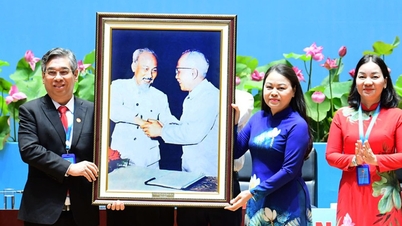

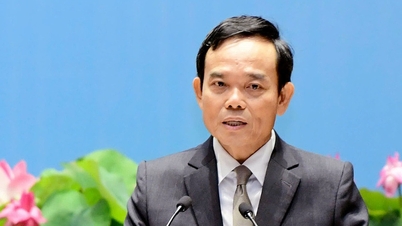


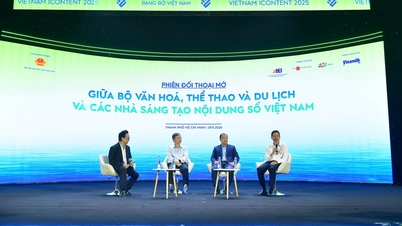

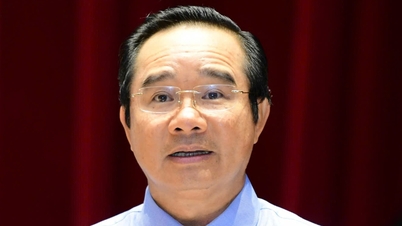
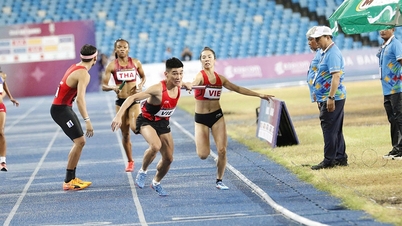

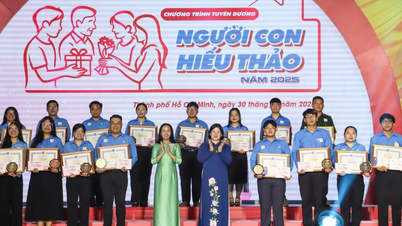


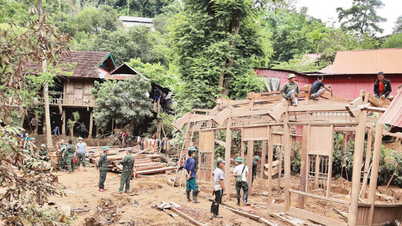





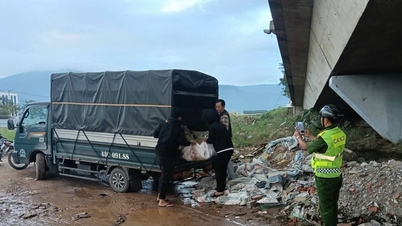






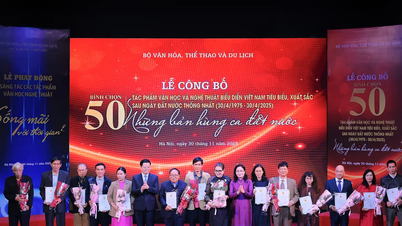
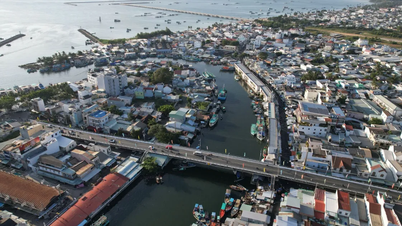
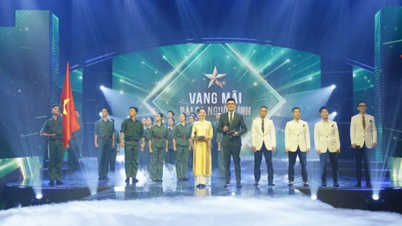


































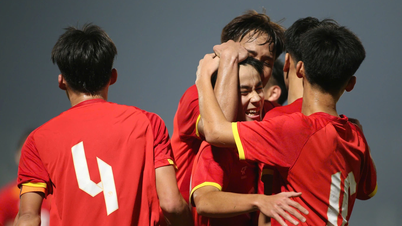
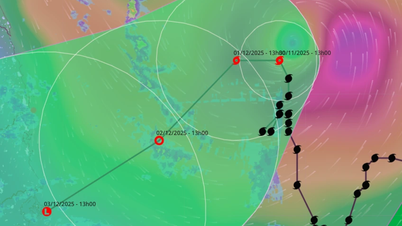


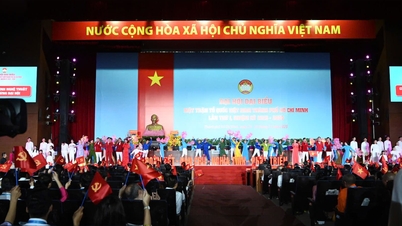





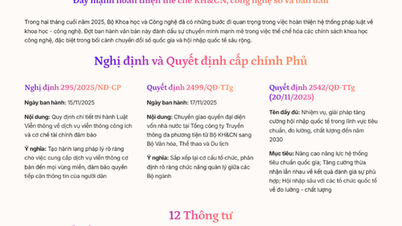

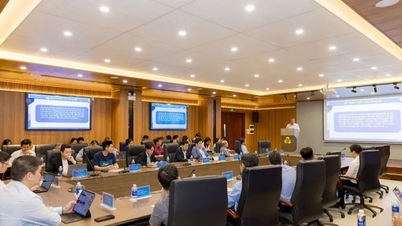
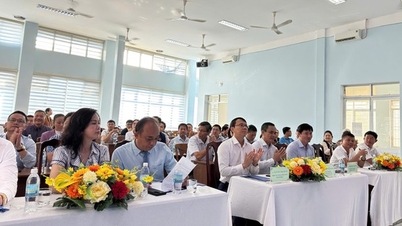
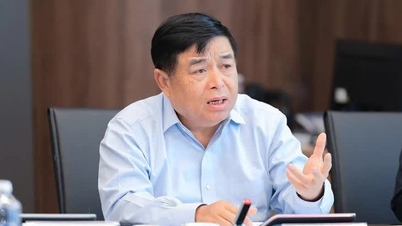
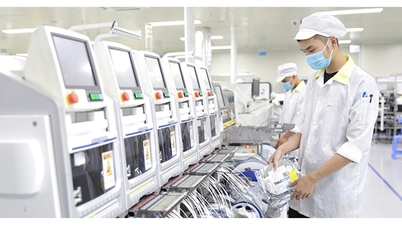
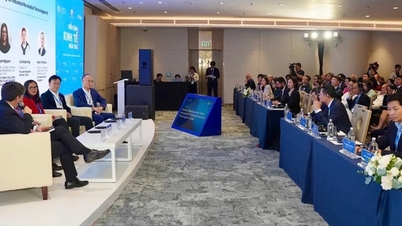
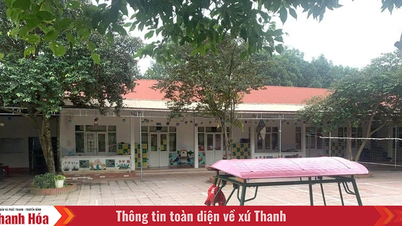

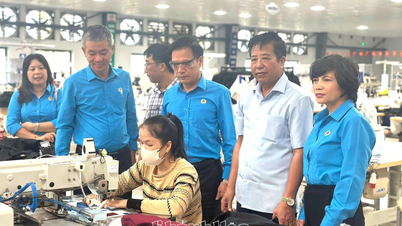

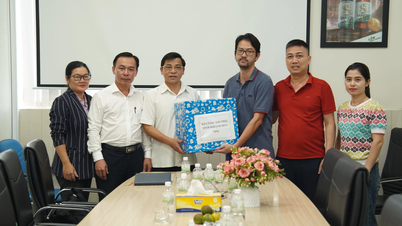
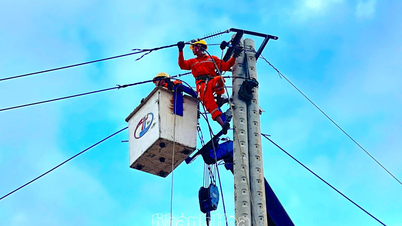
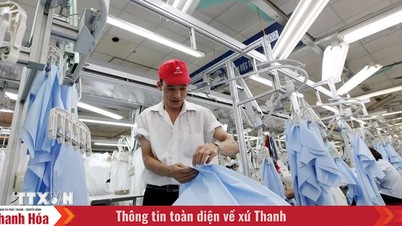
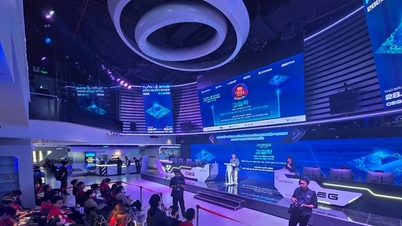









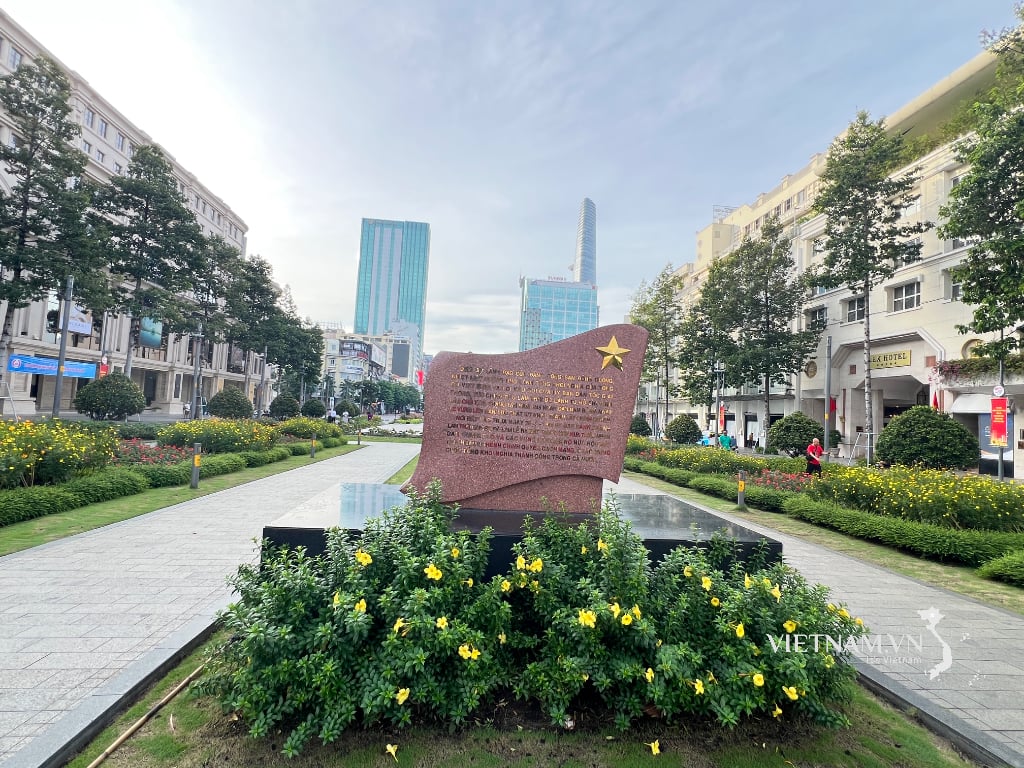

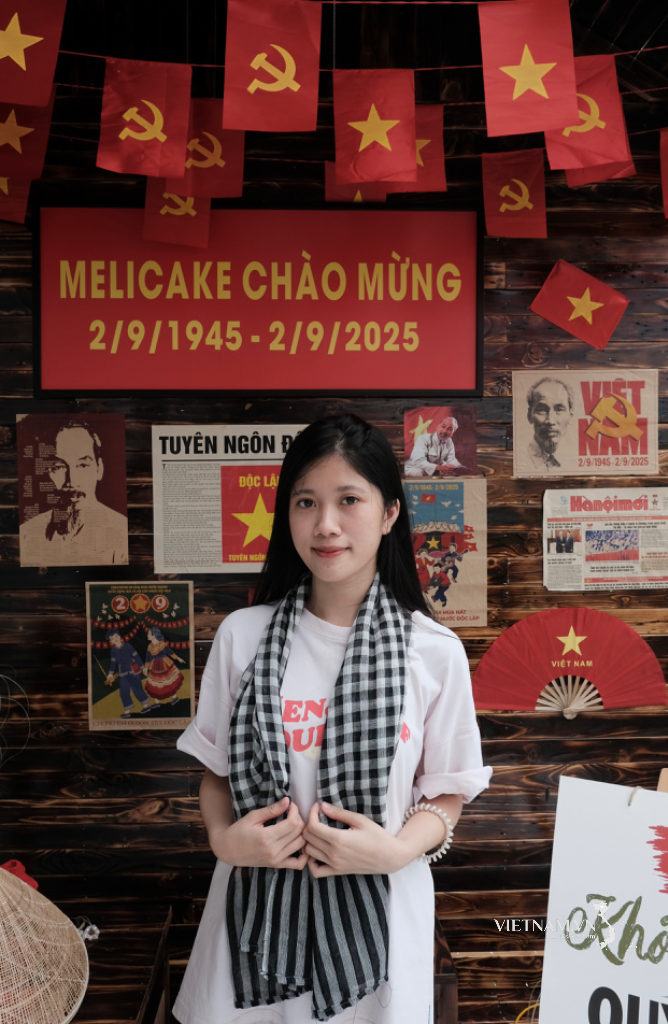
Comment (0)